Coronavirus: Swedes told to brace for thousands of deaths
Thousands of doctors and academics criticise Sweden’s laissez-faire approach to the pandemic as its death toll climbs to 401 — in per capita terms, a fatality rate higher than the US.
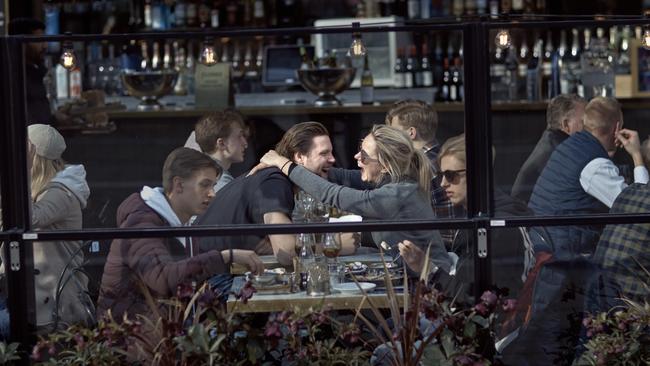
Stefan Lofven, Sweden’s Prime Minister has told the country to steel itself for thousands of deaths after 2300 doctors and academics criticised its laissez-faire approach to the pandemic.
The Swedish “mitigation” strategy, under which life has been allowed to go on with a degree of normality for most of the population while the vulnerable have been urged to stay at home, is being closely watched by scientists and political leaders across Europe.
Bars, schools, restaurants, offices and galleries remain open and, until recently, people were allowed to gather in groups of up to 500. With the exception of Belarus, whose dictator claims farm labour can cure the virus, no large European country has allowed its citizens to retain so many old habits.
The Swedish public health authority argues that Swedes can be trusted to practise social distancing voluntarily and use common sense. It also believes that the restrictions must be light enough to be sustained for months if necessary. Yet as the death toll mounted to 401 — in per capita terms, a fatality rate higher than the US’s and slightly behind Iran’s — dissent has grown.
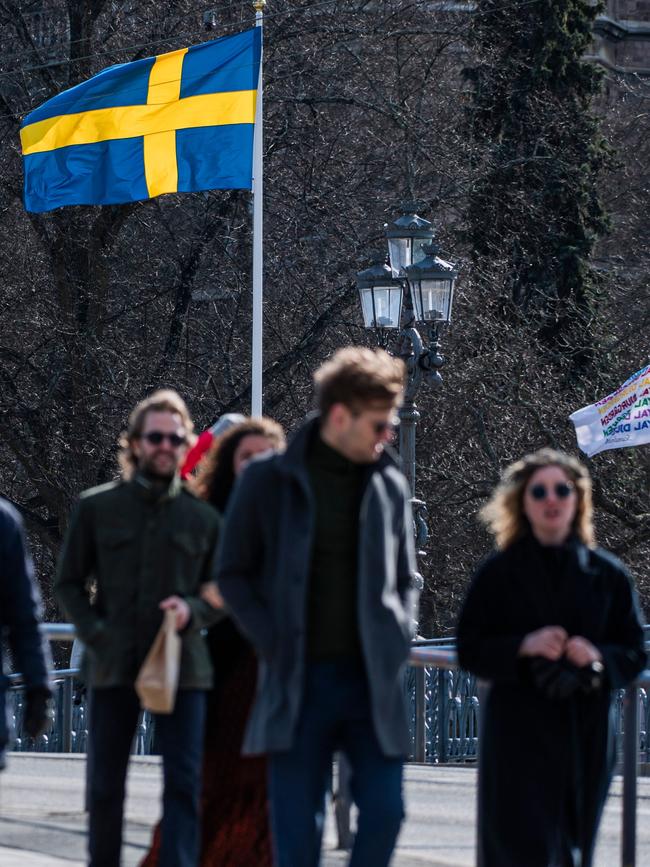
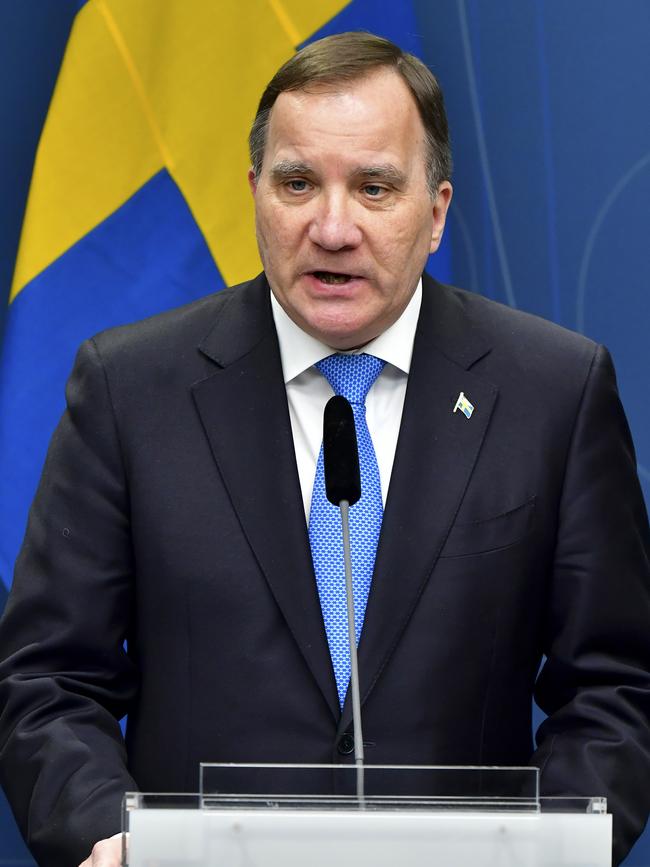
Last week 2300 doctors and academics, including Carl-Henrik Heldin, the head of the Nobel foundation, published an open letter urging the government to change course. Some called for Stockholm, the capital, to be locked down after more than 50 elderly people in its care homes died from COVID-19.
Yesterday, Mr Lofven, a Social Democrat, adopted a grim tone, saying that although the spread of the epidemic had been slower in Sweden, that did not mean fewer people would die. “We will have more seriously ill people who need intensive care,” he told the Dagens Nyheter newspaper. “We are facing thousands of deaths. We need to prepare for that.”
He seemed to play down the disparity between Sweden’s strategy and those of other states. He said they shared the goal of easing the strain on their hospitals through social distancing. “I don’t think you ought to dramatise [the differences],” he said. “We’re doing it in a different way. Sometimes that is because we are in difference phases [of the pandemic].”
There are signs that Sweden is tightening restrictions. The maximum size of mass events has been cut from 499 to 49 and bars and restaurants were told to offer only table service. A number of cultural institutions, including the Abba museum, the main national gallery, have closed of their own volition.
Olle Kampe, professor of endocrinology at the Karolinska Institute, the country’s foremost medical research centre, accused the government of permitting the virus to spread in the “cynical” hope of achieving herd immunity.
However, Anders Tegnell, the Swedish chief epidemiologist running the Covid-19 strategy, was unmoved. “We think we’ve already taken the most important measures,” he said last week. “Stay home if you feel ill; work from home if you can; and ensure that we protect our older fellow citizens. You could alter other rules, such as those governing trips to the restaurant or gatherings, but you get the best effect when everyone simply sticks to the basic code of conduct.”
Nicholas Aylott, associate professor of political science at Sodertorn University in Stockholm, said Sweden’s distinctive approach had been partly based on national “exceptionalism”. The population is younger and healthier than other European nations. Swedes are also more likely to live alone. As one Swedish author wrote: “Skype-based relationships? No hugging? For Swedes, that’s just life.”
The balance of power between politicians and senior civil servants is also distinctive, with ministers setting the broad outlines of policy and technocrats deciding how they should be executed, meaning the coronavirus response has been led and presented by Mr Tegnell rather than Mr Lofven.
“Who is right? Have Sweden’s neighbours overreacted?” Dr Aylott wrote on his blog. “Or has Sweden under-reacted? No one can tell — yet. There is no guarantee that insulation from politics will bring better outcomes.”
THE TIMES

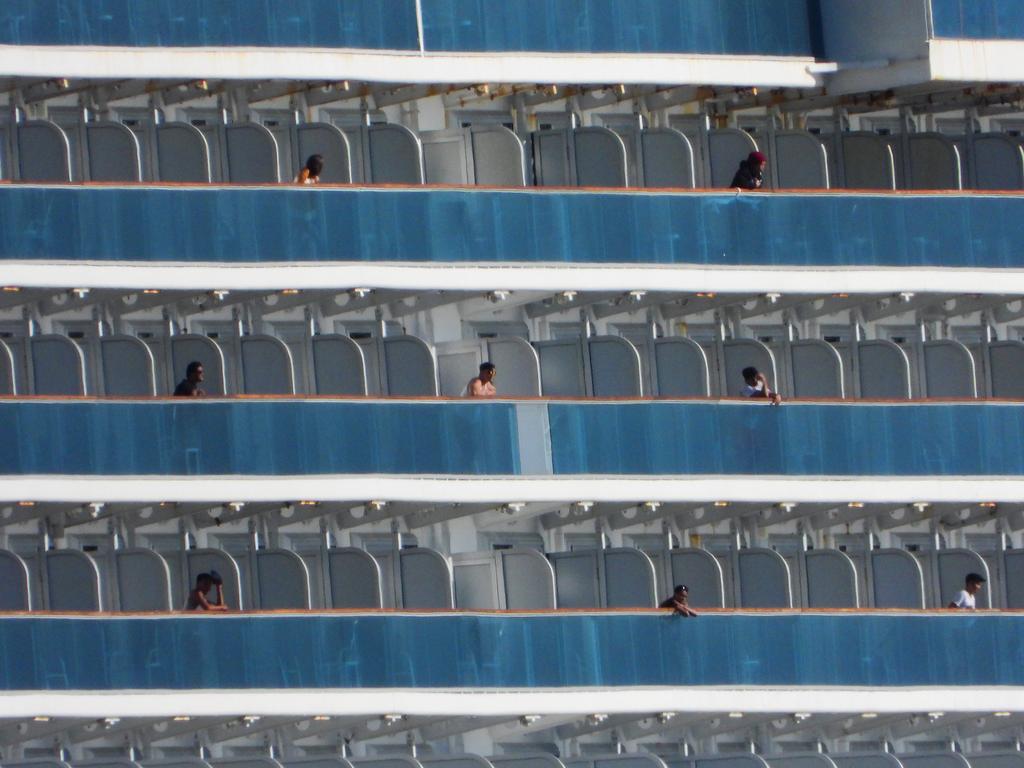


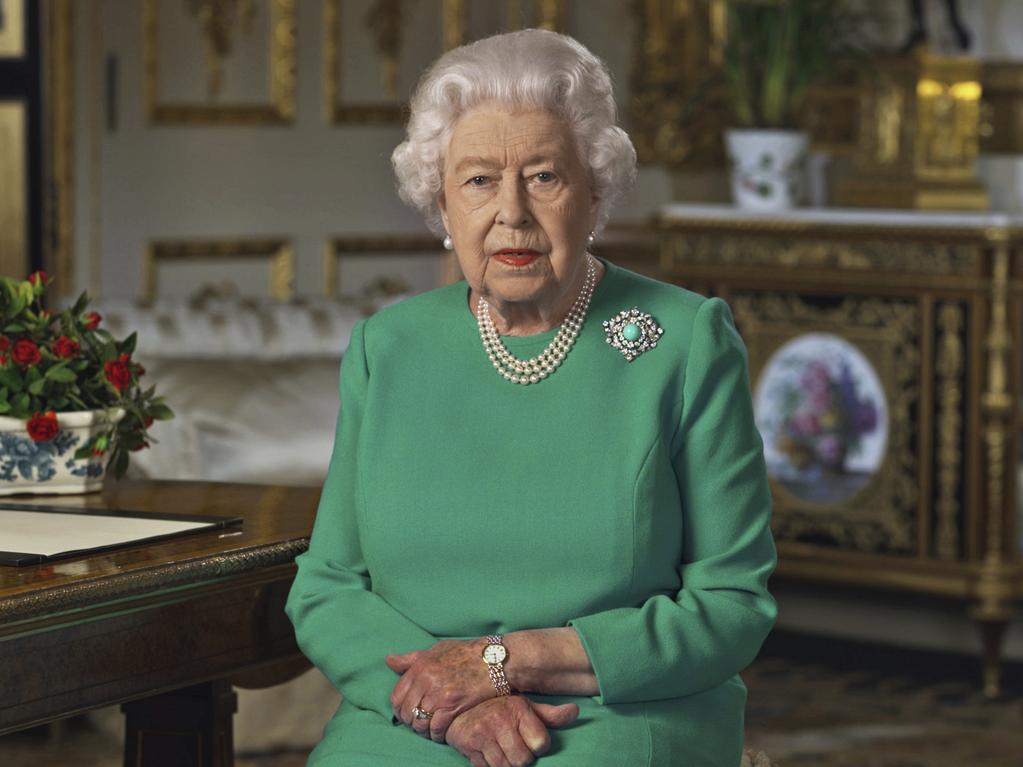


To join the conversation, please log in. Don't have an account? Register
Join the conversation, you are commenting as Logout